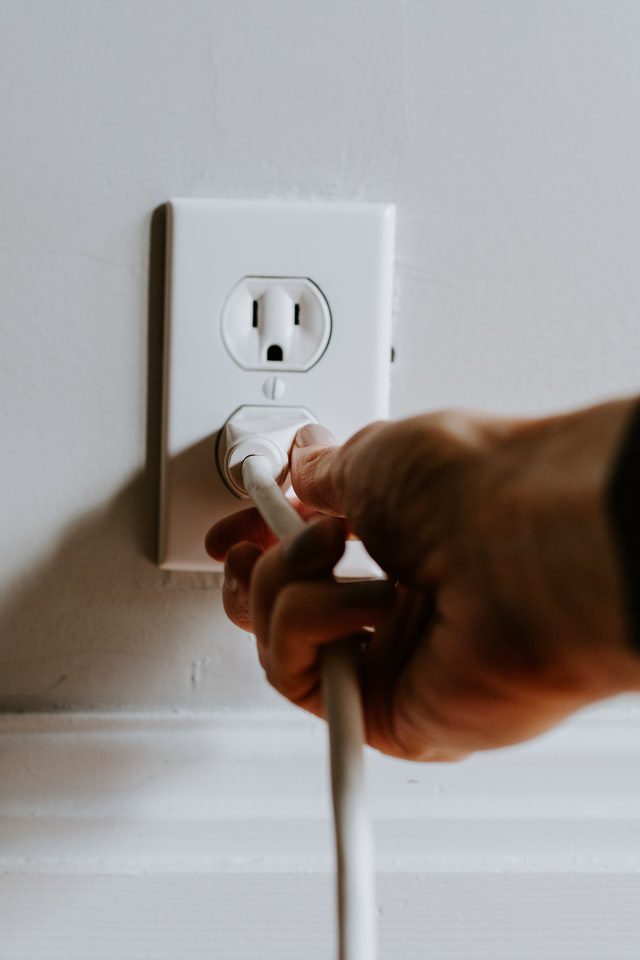A power surge can do more harm to your house than you think. Aside from causing damage to electrical gadgets and appliances, power surges can also cause damage to breaker boxes and wiring, potentially resulting in a fire. Most people connect power surges with lightning strikes, yet power surges happen all the time in your house. In fact, your house can be exposed to up to twenty power surges each day.
What Is A Power Surge?
When the usual voltage of 230 rises to more than 253 volts, a power surge occurs. While lightning strikes contribute to power surges, the majority of power surges actually occur when appliances are turned off. When major appliances are in operation, they use a lot of electricity, and when they finish their cycle and turn off, the power rushes back into your home.
The Importance Of Professional Electrical Repairs
Maintaining the condition of your appliances, circuit breakers and electrical wiring can go a long way in safeguarding your house against power surges – even those that would normally cause a fire and need fire restoration to clear up the mess.
However, remember that only an expert should ever handle electrical repairs. Attempting to fix a breaker box, big appliance or wiring on your own is hazardous and could result in a fire or more serious electrical damage if not done properly.
You cannot prevent a power surge, but you can safeguard your house, appliances and gadgets from the harm that a power surge could do. Here are a few tips to keep your house safe from power surges.
Set Up Surge Protectors
Plugging your costly electrical gadgets into power strips with built-in surge protectors will safeguard them from power surges. Surge protectors can also be added to each of your outlets for further security.
An electrician can build a surge protection system to safeguard your whole home from power surges. These whole-house surge prevention systems are linked to your home’s service panel. If too much electricity enters your home, the system will redirect the excess power away from your home through a ground wire.
Keep An Eye On Your Outlets
When you’re arranging the rooms in your house, it’s a good idea to consider how much electricity each area will need. Each room in your house has its own breaker, so don’t overload the outlets with too many gadgets or power-hungry equipment. It is preferable to plug appliances such as ovens, refrigerators and dishwashers into separate outlets.
Appliances and electrical equipment can be damaged and have their lifetime reduced by power surges. An electrician should be consulted for the installation of big appliances, electrical repairs and advice on maximising electrical usage throughout your house.
Although power surges sound scary, it‘s important to remember that they are happening all the time, and that the voltage in your home isn‘t always going to be exactly 230 – it can be a little more or a little less (around ten percent either way) and not cause any issues. Yet, understanding that sometimes more power can cause problems and being prepared can help immensely.
Help keep news FREE for our readers
Supporting your local community newspaper/online news outlet is crucial now more than ever. If you believe in independent journalism, then consider making a valuable contribution by making a one-time or monthly donation. We operate in rural areas where providing unbiased news can be challenging. Read More About Supporting The West Wales Chronicle


























